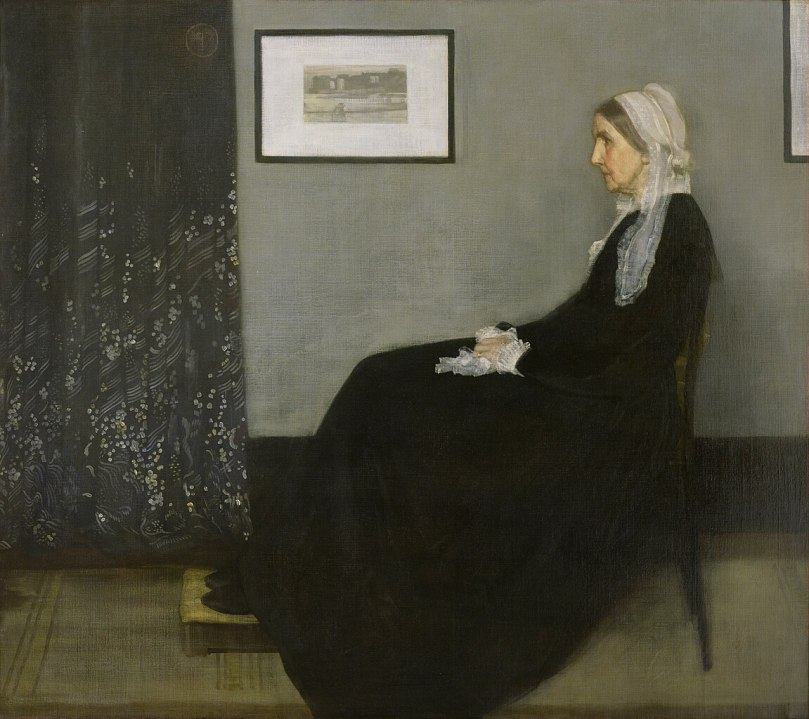(personal underline)
(sublinhados meus)
We oldies can’t help but think of death
Society might not like to talk of dying, but we are confronted by it almost every day

I used to think a lot about Switzerland and how to accrue enough morphine to top myself when the time comes. But yay, at last, an assisted dying law seems likely and I can stop plotting.
No one talks about death. But oldies think about it all the time, not deliberately – it just inserts itself into everything. I’d like to write another trilogy, but will I finish it? Doubt if I’ll last through novel 1, never mind 2 and 3. When the garden centre chap tells me to buy tiny saplings and avoid 15-foot trees which will likely die, I know I’ll be dead before the three-footers look anything like a copse. But he quotes the ancient Greek proverb, ‘Society thrives where wise men plant trees in whose shade they will never sit’. So, now we now have a young orchard, a mini-copse and lots of trees mostly hidden by their tree-guards.
Every day, confronting my wall of necklaces and earrings, I think I should be getting rid of some of them, not adding to them. (But ‘not needing’ is not the same as ‘not wanting’ is it?) Every time I slap a hormone patch on my bum, I think of my doc telling me (not because she believes it, but she needs to cover her back) that continuing with HRT in my eighties could be the death of me. I’ve been on it since my forties and thank it for my energy and generally upbeat attitude. If I die, I die, but it’s been a good life.
Other frequent thoughts are: how many more summers have I got? Can I risk signing another TV contract? How will I bear it if John goes before me? How long will I be able to climb these stairs? Am I leaving my affairs in reasonable order?
The last is the only serious one really. You do need to leave life with crystal clear instructions, with everyone knowing what’s in your will. You don’t want to cause nasty surprises or family fall-outs. I wrote a will 12 years ago and a file for my offspring, about finances, leases, mortgage, passwords, etc. But in 12 years, things have changed a lot: siblings have died, we moved house, I re-married, sold my house, grandchildren were born… So the lesson is, yes, write a will, but review it every five years.
My children will get what’s left of my lolly which won’t be much after what I hope will continue to be a spendthrift, merry old age. But I also plan to leave a bit to six charities that I have cared about for years. Deciding who gets what and how much took a bit of serious thought, and selfishly, I decided to restrict myself to the organisations which have given me the most satisfaction working with them. One is the Royal Society of Arts, which I once chaired and which has been plugging the holes in society since 1754. Then there is the Soil Association, which runs Food For Life, teaching children to love healthy food, and schools and other organisations to serve good food. They also help farms to go organic, caterers to serve sustainable food, and badger governments to back nature-friendly food and farming. Charities don’t pay inheritance tax. And you can feel your halo glowing warmly.
I’ve also been sorting out all those things I really don’t want to think about, like organising an LPA (Lasting power of Attorney) so my children can manage my affairs when I’m incapable of doing it myself, and writing a ‘Living Will’ or ‘Advance Instruction’ about how to treat me, or more important, not treat me, when I’m gaga or speechless or dying.
But where to put this? Your lawyer, doctor and children should have copies I guess, but frankly they are unlikely to be there at the critical moment. My 97-year-old mum, Peggy, was quietly dying with Alison, her carer (who knew her wishes) holding her hand as she lay peacefully in bed. At that moment the nursing assistant assigned to help put her to bed at 6 p.m. arrived, realised at once from Mum’s laboured breathing that she was dying, and promptly ran for the phone to call 999. Mum’s carer called to stop her, trying to tell her Peggy didn’t want to be kept alive, but the poor woman, trained to save life, was determined, and Alison didn’t want to leave Peggy to wrest the phone from her hand. So the ambulance was called. But my mama, an actress who knew her exits and her entrances, died minutes before the paramedics arrived.
Whew. Too many old people are kept alive by a system designed to save life at all costs, even if it means repeated dashes to hospital, often violent resuscitations, more stays in hospital when they just want to be at home. One answer to this might be to have Do Not Resuscitate tattooed on your back and chest, but that seems a bit extreme. Better might be, I think and hope, to belong to the Lions Club, a charity with a simple solution: they provide a little bottle you keep in your fridge with your medical details, and instructions to resuscitate or not, inside. Paramedics are trained to look for the Lions Club Logo on a sticker by your front door, and know to look in your fridge. Of course, all this sorting and planning doesn’t make the grim bits of old age go away, but it helps on the peace of mind front. I recommend it.
Sem comentários:
Enviar um comentário